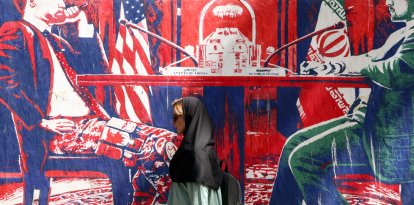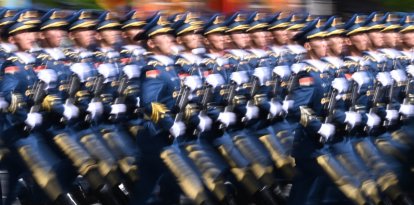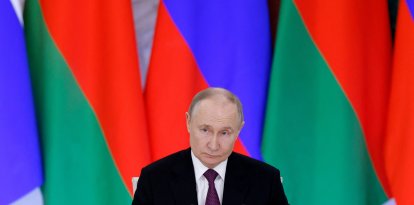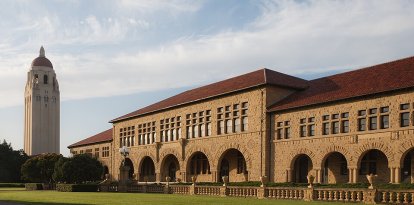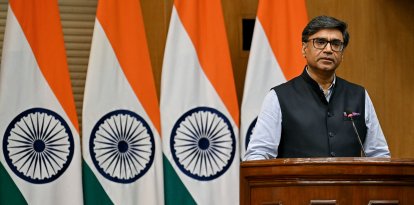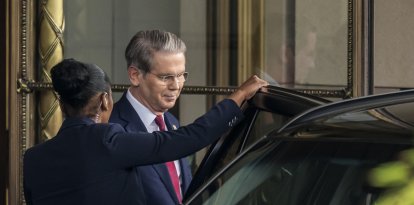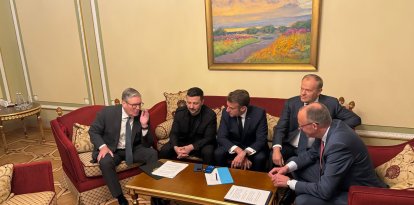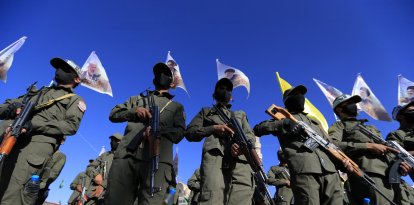The Chavista regime was financed by cocaine from Colombian guerrillas, a former Venezuelan general confirms before a New York judge
Former general Cliver Alcalá revealed the details of the mega drug trafficking scheme between the Venezuelan dictatorship and FARC.
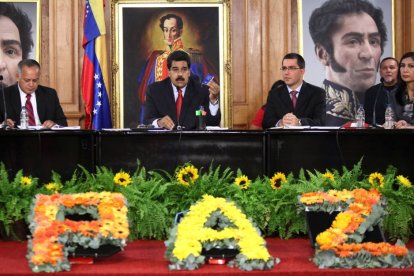
(Cordon Press)
Former Venezuelan general Cliver Alcalá extradited to the United States from Colombia in 2020, admitted before a New York court that the Chavista regime led by Nicolás Maduro was financed by cocaine trafficked by Colombian guerrillas while he was part of the Venezuelan Army.
An ABC of Spain report led by journalist David Alandete revealed the details of how Alcalá, during a hearing with Judge Alvin Hellerstein on January 18, 2024, admitted everything about the drug trafficking scheme between the Venezuelan regime and the Colombian Armed Revolutionary Forces, the fearsome guerrilla better known as FARC.
In his statement, Alcalá admitted that since 2006, he protected FARC in exchange for millions of dollars in payments to let the guerrilla group operate freely in Venezuela. According to Alcalá, who was the major general of the Venezuelan Army, he did this on the orders of his superiors: Nicolás Maduro, the current dictator of Venezuela, and Diosdado Cabello, the number two of the Venezuelan regime, who is also accused of drug trafficking by the United States. Both are noted leaders of the Cartel of the Suns.
Alcalá, in addition to admitting his participation in the drug trafficking scheme, claimed that he was supposedly only following orders. He also stated that he protected FARC and gave the Colombian guerrillas at least 2 grenade launchers and 20 grenades.
"The relevant thing is that they are not just accusations from the U.S., but the admission of one of those involved in that state drug trafficking network," reported ABC. "The indictment in the United States of Maduro and other leaders of the Chavista regime pointed to drug trafficking and terrorism, but now a central person is accused and gives details of how the Venezuelan cartel operated from power."
Alcalá's testimony helped the U.S. Attorney's Office complete the details of a vast cocaine smuggling network that FARC took out of Colombia and transited through Venezuela by land and air.
Among the details revealed is the participation in the scheme of former general Hugo Carvajal, known as "El Pollo," who was extradited to the United States last year from Spain in a controversial process that went through appeals and even an escape.
The Prosecutor's Office, despite the cooperation of Alcalá (61), is asking for thirty years for the former Venezuelan general.
According to prosecutors, on at least one occasion in 2007, Alcalá and Carvajal met with FARC to coordinate drug shipments, which left mainly from the airport in Valencia, Venezuela's second-largest city.
Just as with Alcalá, the U.S. Justice Department is in no hurry to bring Carvajal to trial, a situation that Judge Hellerstein has regretted.
In a January 18 hearing, Carvajal's defense requested classified information from the DEA that could be critical to his strategy.
However, ABC revealed that prosecutors refuse to give such information because other cases could be affected due to sensitive details in the reports.
In this case in particular, not only are Carvajal (awaiting trial) and Alcalá accused, but also four other people who, for now, cannot be prosecuted. Two of them because they died in Venezuelan territory: Luciano Marín Arango, alias 'Iván Márquez' and Seuxis Paucis Hernández Solarte, alias 'Jesús Santrich,' both Colombian guerrillas.
The other two are none other than Nicolás Maduro and Diosdado Cabello, with whom the Biden Administration has been negotiating controversial exchanges, such as the release of Maduro's figurehead, Alex Saab, in exchange for several American prisoners in Venezuela.
In fact, in theory, the U.S. Department of Justice is offering $15 and $10 million for tips on the whereabouts of Maduro and Cabello.
RECOMMENDATION
